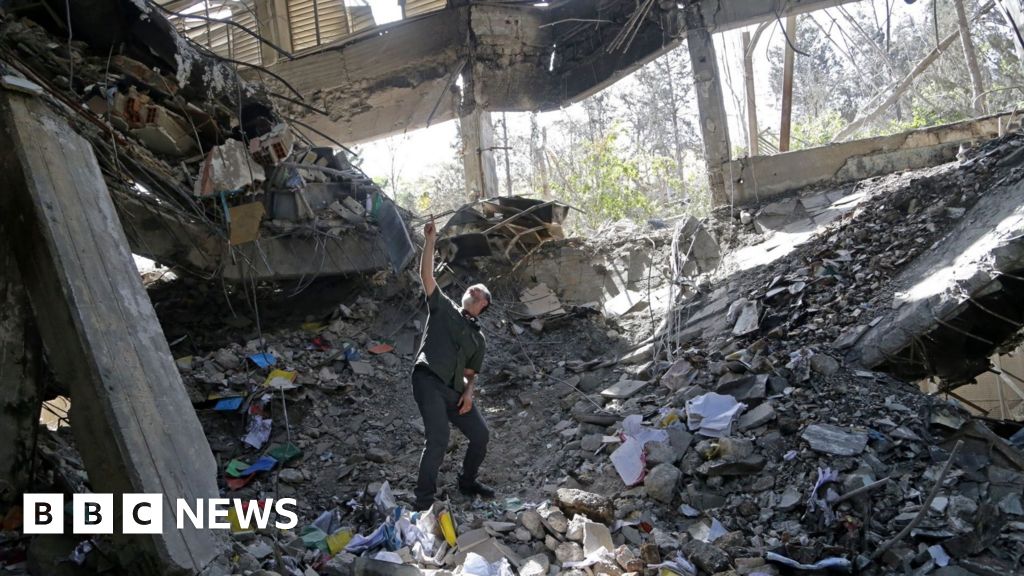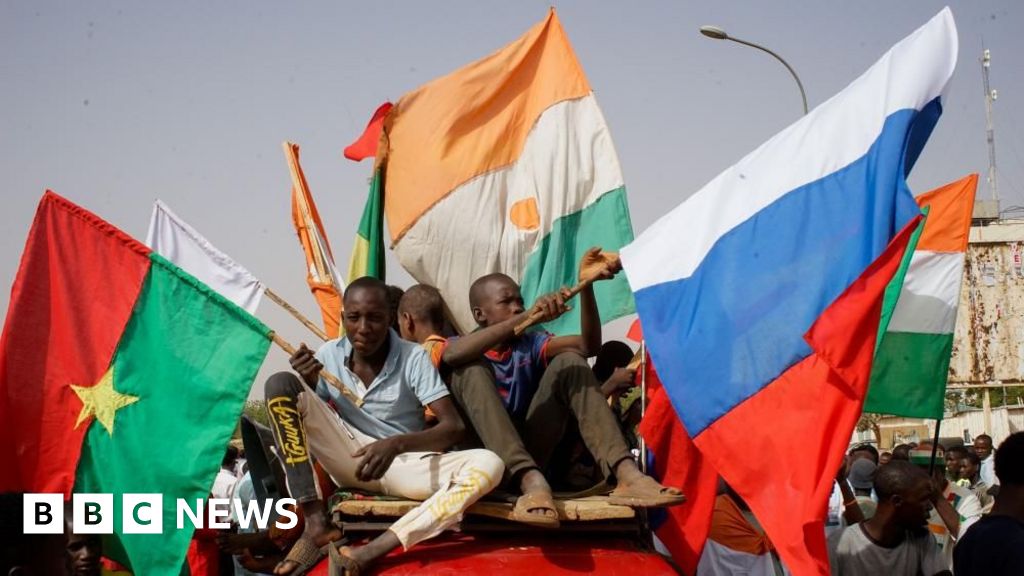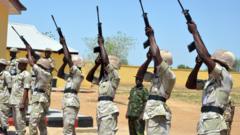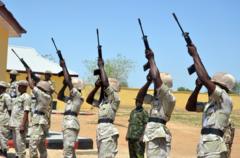Nearly 130 people have been summarily executed by Islamist insurgents in Niger in separate attacks since March, a report by Human Rights Watch (HRW) indicates.
The rights group highlights that gunmen executed a series of brutal attacks, including a massacre at a mosque in the Tillabéri region in June, where over 70 worshippers were shot dead during prayers.
There were bodies everywhere, one on top of the other, recalled a local woman, who lost three of her sons during the attack, according to HRW.
This surge of violence represents a significant setback for Niger's military junta, which has vowed to combat the insurgency after seizing power from President Mohamed Bazoum in a coup in 2023.
HRW reports that Islamic State (IS) group fighters have killed approximately 1,600 civilians in Niger since the coup, based on data gathered by the conflict monitoring group Acled.
Human rights abuses, including attacks on schools and religious sites, have been intensifying, with groups enforcing their interpretation of Islam and curbing freedoms.
Islamist armed groups are targeting the civilian population in western Niger, committing horrific abuses, said Ilaria Allegrozzi, a senior researcher at HRW. She emphasized the urgent need for Nigerien authorities to enhance protections for residents in the Tillabéri region.
In a specific incident in May, five men and two boys were killed in the Dani Fari area when insurgents attacked and burned down homes. Witnesses described the scene, stating that the bodies were riddled with bullets, suggesting a significant level of brutality.
Eyewitnesses report that the Nigerien army did not adequately respond to warnings of these impending attacks, leading to widespread criticism over their ability to protect the civilian population.
No group has officially claimed responsibility for the five documented attacks, but local villagers commonly attribute them to IS fighters, identifiable by distinctive red-banded turbans.
The Tillabéri region has been a hotspot for insurgency activities bordering Burkina Faso and Mali and remains a significant challenge for Niger's military government, which has shifted its security alliances towards countries like Russia and Turkey while reducing ties with Western nations.
Despite these adjustments, violence continues unabated, putting pressure on the military leaders to devise more effective strategies to combat the ongoing threats.


















